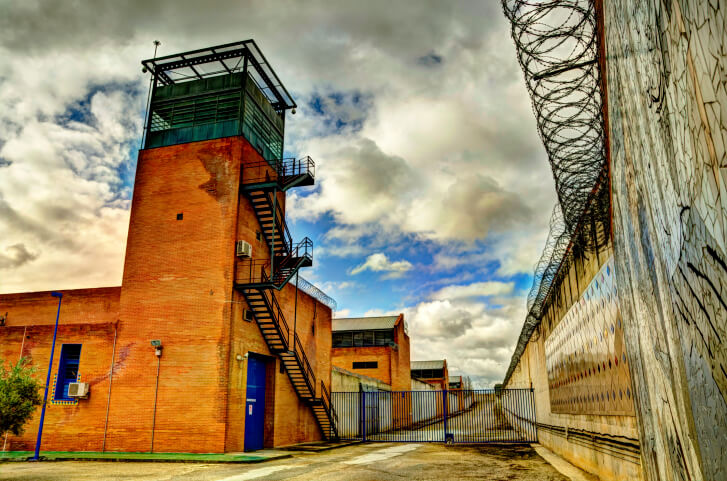
What is a Criminal Felony?
Definition
A criminal felony is a crime that is punishable by at least one year in jail or prison. Felonies are serious crimes that endanger the public. The state must punish severely these crimes due to the gravity of the violation. Criminal felony crimes include: arson, murder, homicide, vehicular manslaughter, felony DUIs, fraud, assault/battery, grand theft auto, terrorist threats and sexual assault.
Unlike misdemeanors, felonies are part of the “three strikes” laws. In many states, offenders who have two previous felony convictions will face mandatory/ extended prison sentencing terms for their third offense. Also, felonies are the only crimes in which the death penalty is permitted as a punishment.
Felony Review Board and Grand Jury
The “arrest to trial” process for criminal felony charges vary somewhat from misdemeanor charges. In some states, the police must contact a felony review board to file felony charges. The state prosecutor, who is part of this board, will decide whether or not to press criminal charges based on the evidence.
In some states, a grand jury decides whether or not bring to case to trial. Normally in misdemeanor cases, the judge decides if a crime was committed, if enough evidence was collected, and if the defendant is responsible. In a grand jury hearing, a secret panel consisting of 15 to 18 US citizens makes these indictment decisions.
Discovery Process and Jury
If the case does go to trial, the defense and prosecution must share case information in the discovery process. If the prosecution has evidence that may clear the defendant of the charges, then they must share this information with the defense. By knowing what information and evident will be admitted in the trial, both sides can prepare their arguments and counterarguments.
All criminal felony cases are jury cases. The jury consists of 12 citizens who must decide on whether or not the defendant is innocent or guilty of the criminal felony charges. If found guilty, then the defendant will be sentenced, or receive punishment.
Criminal Felony Categories
Many state laws separate felonies into different categories, depending on the punishment level and the crime’s severity. For example, in Texas, a capital felony conviction can lead to the death penalty or life in prison without parole. A 1st degree felony carries a 5 to 99 years prison term, a 2nd degree felony carries a 2 to 20 years prison term, and a 3rd degree felony carries a 2 to 10 years prison term. Each state has its own felony classification system.